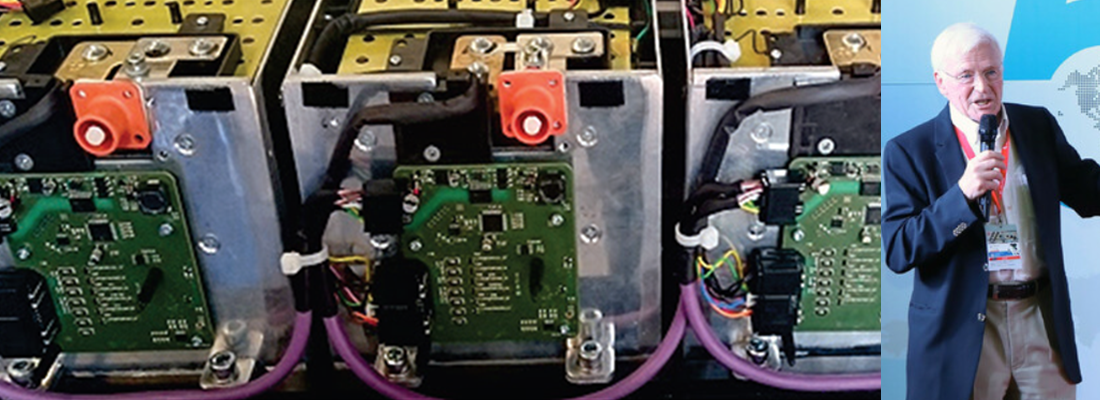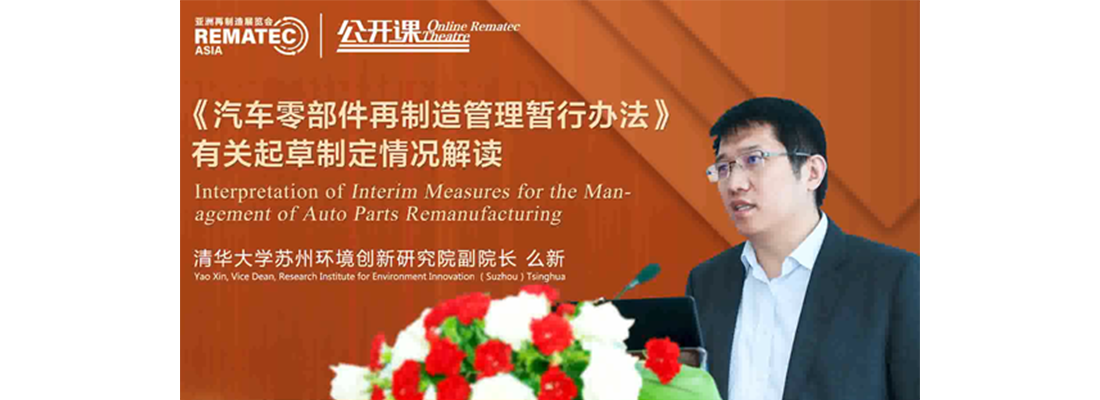China has defined vehicle remanufacturing as a strategic sector
China has adopted the circular economy as a national priority, since the late 2000s. The concept of the circular economy focuses on minimizing waste generation, promoting resource efficiency, and encouraging the reuse, recycling, and remanufacturing of products and materials. China recognized the importance of vehicle remanufacturing as a strategic sector within the circular economy agenda. Vehicle remanufacturing involves the process of restoring used vehicles to their original condition or even improving their performance through the use of advanced technologies and techniques. Remanufacturing also minimizes the need for raw material extraction, leading to reduced environmental degradation, and offers economic advantages by creating new business opportunities and employment. It decreases energy consumption, greenhouse gas emissions, and pollution associated with the production of new vehicles and parts. The growth of the remanufacturing industry in China has resulted in the establishment of numerous remanufacturing enterprises, providing jobs and contributing to economic development.
Remanufactured vehicles and components also offer cost savings for consumers compared to purchasing new ones. This approach helps to extend the lifespan of vehicles and reduces the demand for new vehicle production, thereby conserving resources and reducing environmental impacts associated with manufacturing. By emphasizing vehicle remanufacturing as a strategic sector, China aims to enhance resource efficiency, promote sustainable consumption and production, and reduce waste and pollution within the automotive industry. To attract investment and stimulate growth in the remanufacturing industry, China implemented various financial incentives, policies, and initiatives to support the development of the remanufacturing industry, establishing standards and regulations, and fostering research, development, and upgrading in remanufacturing technologies, supporting infrastructure growth related to vehicle remanufacturing.
Jin Zhuanglong, the Ministry of Industry and Information Technology (MIIT) issued guidelines and standards for the remanufacturing of different types of vehicles. These standards cover areas such as inspection and testing, quality control, component reuse, and environmental protection. In 2005, the State Council issued the "Circular Economy Promotion Law," which provided a legal framework for promoting circular economy practices, including remanufacturing.


China works with UNIDO (United Nations Industrial Development Organization) to encourage remanufacturing as part of sustainable industrial development. China has received assistance from UNIDO in terms of technology transfer, policy development, and capacity building linked to remanufacturing. The partnership is centered on exchanging best practices, organizing international forums and conferences, and encouraging cooperation between various nations.





